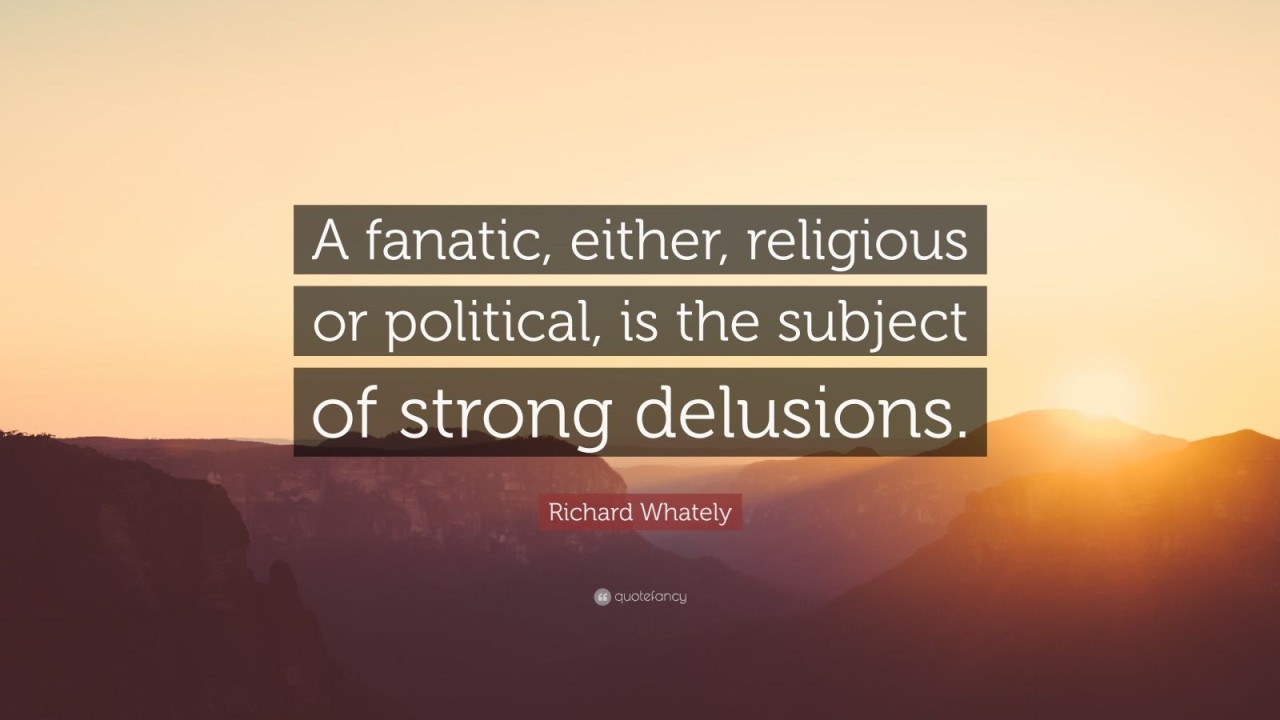
Religion and Fanatism
Not only small sects but also major religions like Christianity, Judaism, and Islam have their share of religious fanatics. The act of disrespecting God or the beliefs of a religious group is considered one of the most severe offences, often eliciting strong reactions from believers. This has been a common phenomenon since the inception of organised religious communities.
The Middle Ages, particularly within the Christian context, was a period marked by intense religious fervour that led to numerous tragic events. These included the Crusades, which pitted Christians against Muslims, witch burnings aimed at combating perceived evil, and the establishment of the Inquisition to enforce correct belief among believers collectively resulted in the loss of hundreds of thousands of lives. This era, often regarded as one of the bloodiest in human history, was ironically driven by religious leaders and their followers, who were expected to promote peace and harmony among people.
In modern times, the major Christian denominations, namely Catholicism and Protestantism, have become significantly less violent compared to earlier periods in human history. The reasons for this shift can be speculated upon. It appears that factors such as the Enlightenment era, improved general education, and a shift in perspective towards respecting the religious views of others, regardless of whether they might seem misguided, have all contributed to this change.
Fanatism and Islam
In recent decades, there has been a noticeable increase in radicalisation within the context of Islam, a religion that is fundamentally peaceful according to its scriptures. This shift has had profound impacts on the lives of millions. Notable instances include the fatwa issued against novelist Salman Rushdie by Iran's then Supreme Leader Khomeini for his book The Satanic Verses in 1988, the tragic deadly attack on the satirical magazine Charlie Hebdo in Paris in 2015 over caricatures, the morality police in Iran enforcing strict Islamic behavior, and the Taliban's extreme interpretation of Islam, which severely restricts women's rights and reduces their roles to mere childbearing.
Less publicised instances of religious fanaticism occur in countries like India, Pakistan, and some African nations, where mobs, driven by distorted religious beliefs, have been known to lynch individuals for perceived blasphemy or for openly condemning members of the LGBTQAI+ community. While it's true that many conservative Christians in Western countries may not support the LGBTQAI+ community, they generally do not advocate for their execution or lifelong imprisonment.
The latest incident involves a violent response from religious fanatics to the news of a planned burning of Islamic scriptures in Sweden. This led to an attack by a mob of Islamic extremists on the Swedish embassy in Baghdad, Iraq, today.
What does this reveal about the intersection of religion and fanatism?
Despite the paradoxical notion that religious followers often feel the need to defend their God from the unholy statements, views, or actions of others, it's evident that once individuals reach a certain level of religious fanatism, their actions can become unpredictable and destructive.
It's possible that such violence serves as a form of escapism for them, given their otherwise challenging lives with limited opportunities for wealth and prosperity. While this doesn't justify their actions, it may provide some insight into why individuals react so intensely in such situations.
The truth is that an almighty God does not need your protection. Deal with it!
Religion, particularly in its mainstream forms such as Christianity, Judaism, and Islam, often serves as a means for people to connect, share common beliefs, culture, and a mutual understanding of the metaphysical organisation of the world. The issue arises when extreme religious views infiltrate what was initially a "peaceful" foundation. It appears that the real adversary is fanatism, not religion itself.
A fanatic individual tends to take personal offence when their views are challenged, whereas a moderate believer typically responds with restraint, respecting the fact that others may hold differing perspectives without necessarily agreeing with them. This level of tolerance is something that a fanatic believer often struggles to comprehend or accept.
What should we do?
Personally, I am indifferent to whether someone is a believer, irrespective of their faith, an agnostic, or an atheist. What truly matters to me is that individuals treat each other with respect and recognise the equal entitlement to human rights for all. The notion of persecuting members of the LGBTQAI+ community, curtailing women's rights (as seen with the Taliban), or taking lives on the grounds of perceived religious offences or challenges to God, is morally disgusting.
There are many morally disgusting acts in the world, but a religious fanatic who threatens and diminishes the quality of life for others certainly ranks among the most reprehensible.
Indeed, it's valid to question the morality of burning the religious books of others. Those who engage in such acts are also acting immorally. Let's consider the individuals burning books in Sweden. Are they representative of mainstream society? No. It often transpires that these individuals align with far-right ideologies. From a philosophical standpoint, they are just as morally reprehensible as religious fanatics.
The issue is that these groups - religious fanatics and the far-right - hold ordinary people captive, impeding their ability to live decent lives and respect the views of others.
The Upshot
Education, education, education.
The most effective solution, aside from the traditional approach of eliminating extreme troublemakers, lies in educating the youth from the very beginning and properly aligning their moral compass. A society built on the foundation of morally educated individuals is the key to a more peaceful and harmonious world. It's impossible to construct a decent society based on the views of extreme fanatics, whether they are religious believers or far-right extremists.
#ReligiousFanaticism #ReligiousTolerance #HistoricalPerspective #ModernReligion #Radicalization #HumanRights #LGBTQAI+Rights #WomenRights #EducationForPeace #MoralCompass #IslamAndPeace #UnderstandingIslam